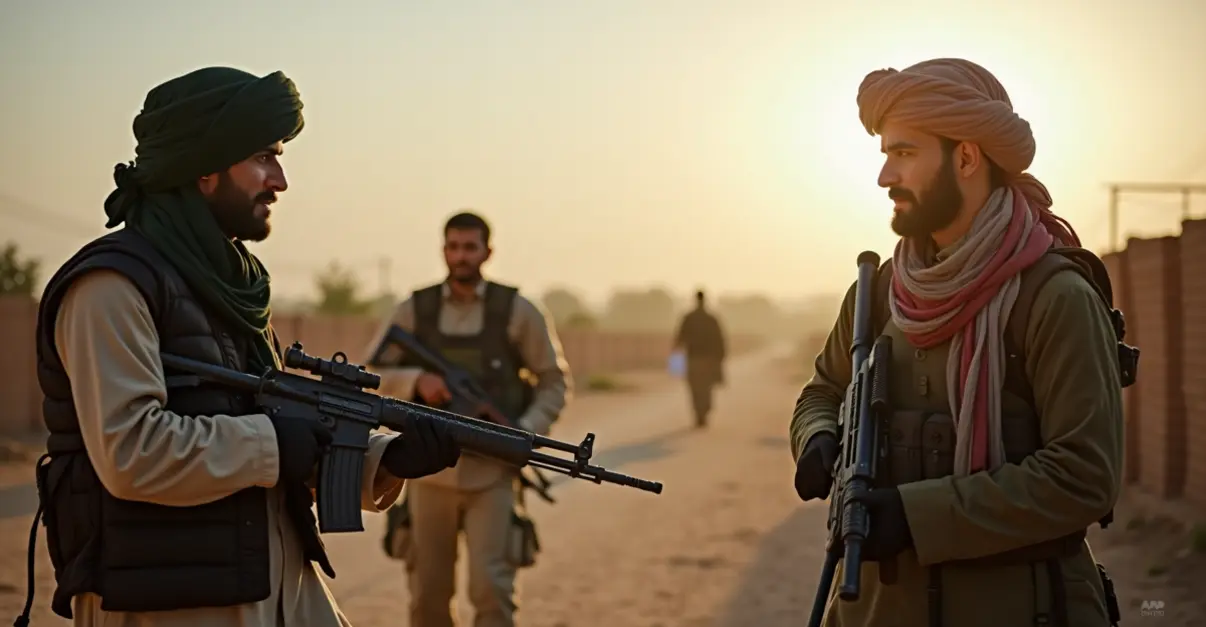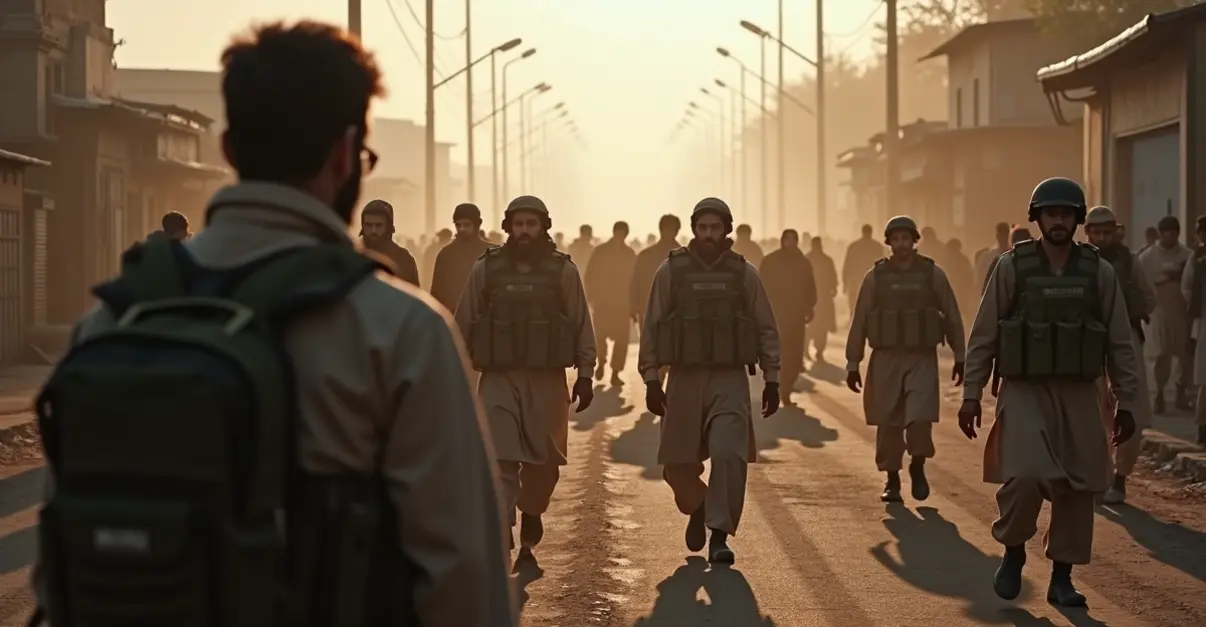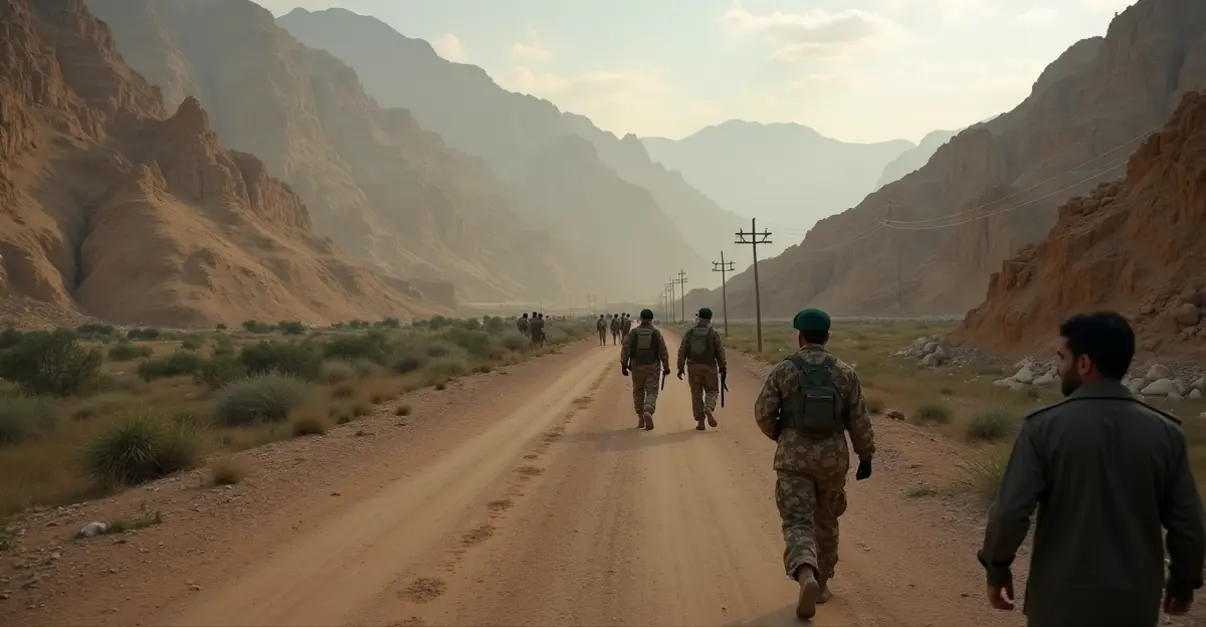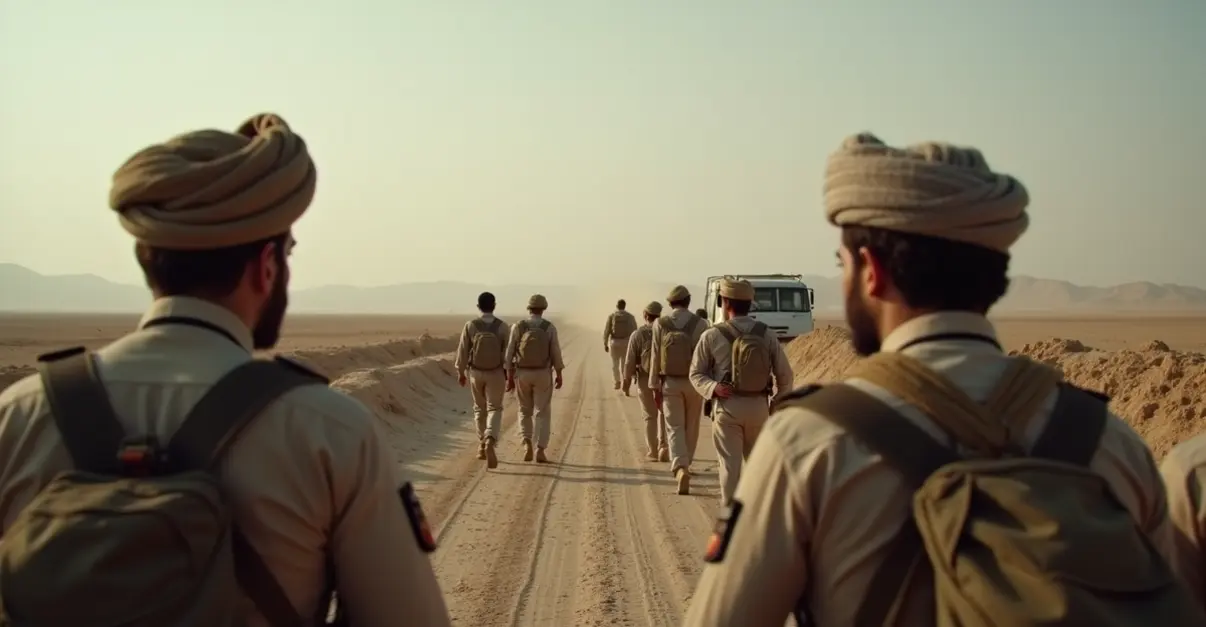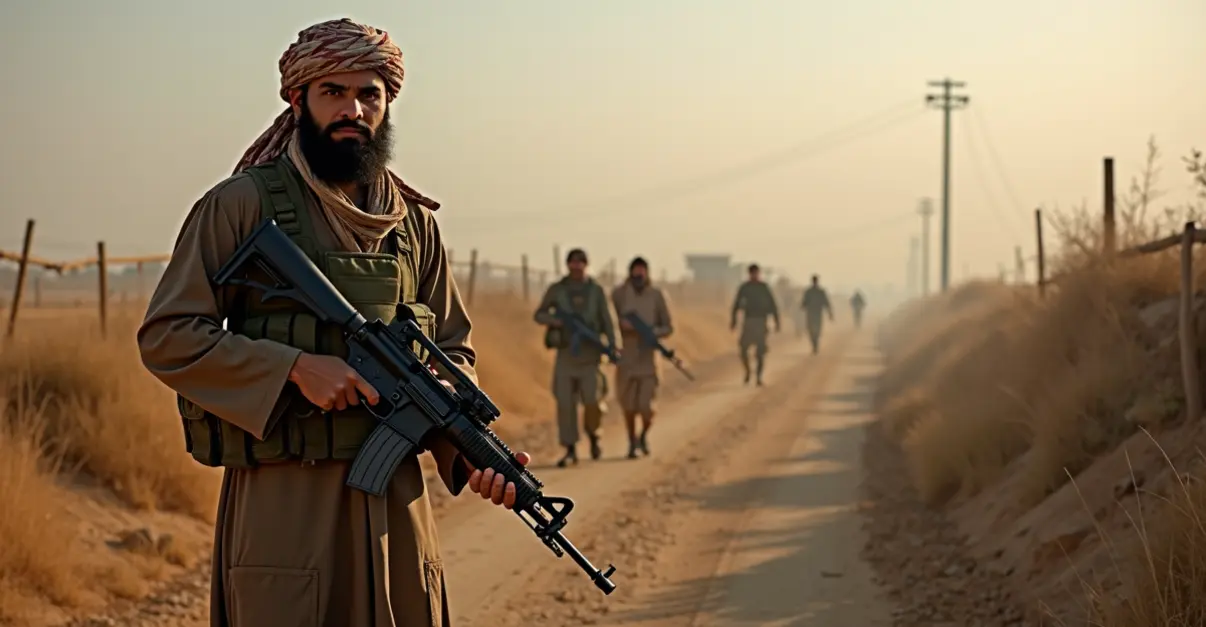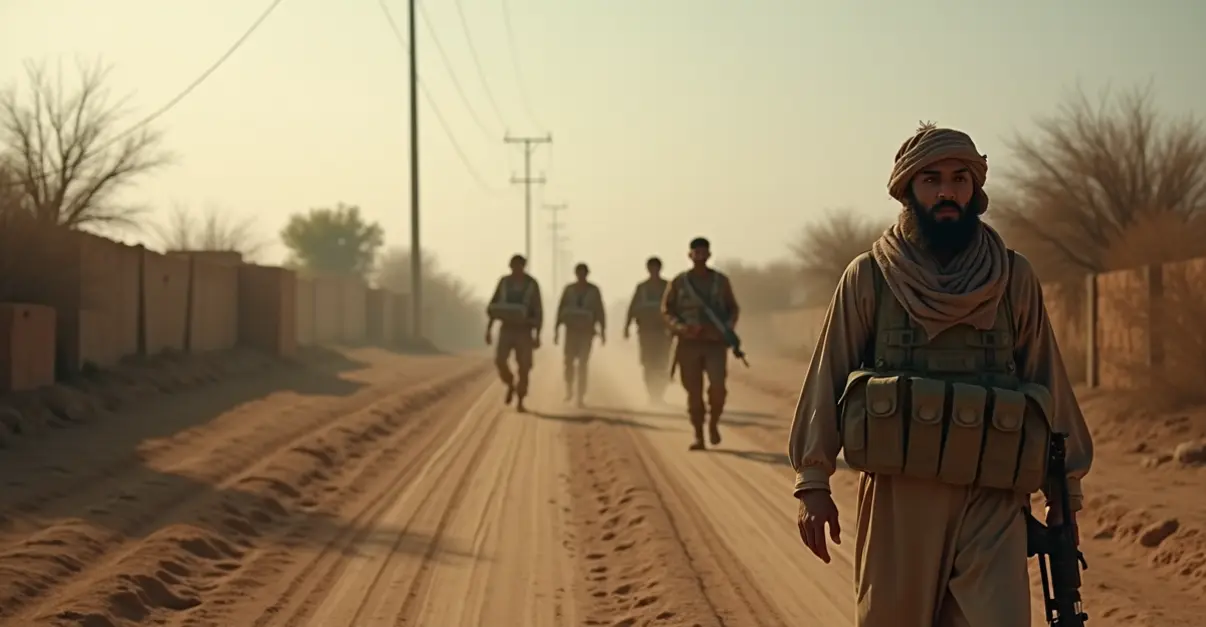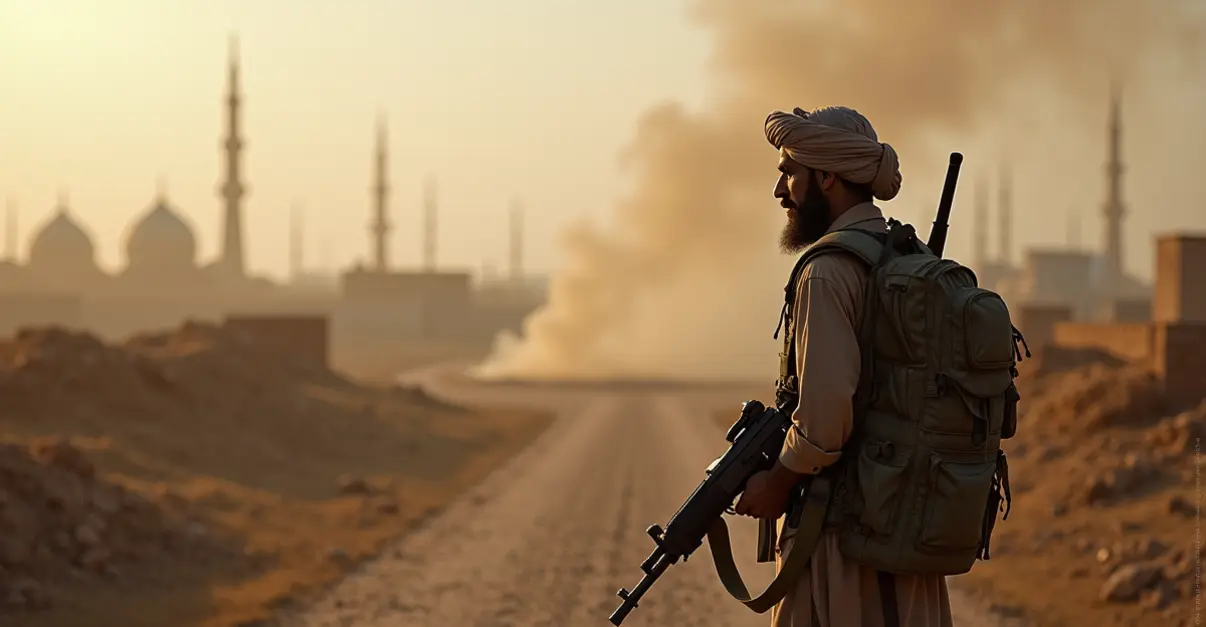Ceasefire Extended as Diplomatic Efforts Intensify
Afghanistan and Pakistan have agreed to extend their temporary ceasefire while awaiting crucial peace negotiations scheduled to take place in Doha, Qatar. This development comes after several days of intense border clashes that left dozens dead and heightened regional tensions. According to sources from both Pakistani security officials and Taliban representatives, the extension provides a critical window for diplomatic engagement.
Background of the Conflict
The recent escalation began on Sunday when fighting erupted at multiple locations along the volatile Afghanistan-Pakistan border. Both nations reported significant casualties, with Pakistan conducting airstrikes inside Afghan territory and Taliban forces responding with cross-border attacks. The initial 48-hour ceasefire, which began on Wednesday, was set to expire on Friday afternoon amid renewed tensions.
'We are committed to finding a peaceful solution through dialogue,' stated a Pakistani government official who requested anonymity. 'The extension of the ceasefire demonstrates our willingness to give diplomacy a chance.'
Recent Developments and Casualties
Just as the ceasefire was set to expire, Pakistani security forces reported a suicide bombing near the border that killed at least seven Pakistani soldiers and injured thirteen others. The attack highlighted the fragile nature of the truce and the ongoing security challenges in the region. Pakistani Prime Minister Shehbaz Sharif confirmed that six militants were killed in the incident but made no mention of the military casualties.
The conflict stems from long-standing tensions between the two neighbors. Pakistan has consistently accused Afghanistan's Taliban government of providing sanctuary and financial support to the Pakistani Taliban (TTP), which has carried out numerous attacks inside Pakistan. The Taliban leadership vehemently denies these allegations and instead accuses Pakistan of harboring IS fighters who threaten Afghan security.
Doha Negotiations and Regional Implications
The Pakistani delegation has already arrived in Doha, while the Afghan delegation is expected to join the talks on Saturday. These negotiations represent the most significant diplomatic effort to address the border crisis since the Taliban returned to power in 2021. The talks are being closely monitored by international observers concerned about regional stability.
'This ceasefire extension is a positive step, but sustainable peace requires addressing the root causes of the conflict,' commented regional analyst Fatima Khan. 'Both sides need to move beyond mutual accusations and work toward practical solutions.'
The Durand Line, the 2,640-kilometer border between Afghanistan and Pakistan, has been a source of contention since its establishment in 1893. Afghanistan has never officially recognized the border, and the issue has complicated relations between the two countries for decades. The current crisis represents one of the most serious escalations in recent years, with both sides deploying heavy military assets along the frontier.
Humanitarian Concerns and Civilian Impact
The fighting has displaced hundreds of civilians living in border areas and disrupted cross-border trade, which is vital for both economies. Humanitarian organizations have expressed concern about the impact on civilian populations, particularly in remote border regions where access to medical care and essential supplies is limited.
As the diplomatic process unfolds in Doha, both nations face pressure from their citizens and the international community to find a lasting solution to the border dispute. The success of these talks could have significant implications for regional security and the broader fight against terrorism in South Asia.

 Nederlands
Nederlands
 English
English
 Deutsch
Deutsch
 Français
Français
 Español
Español
 Português
Português
